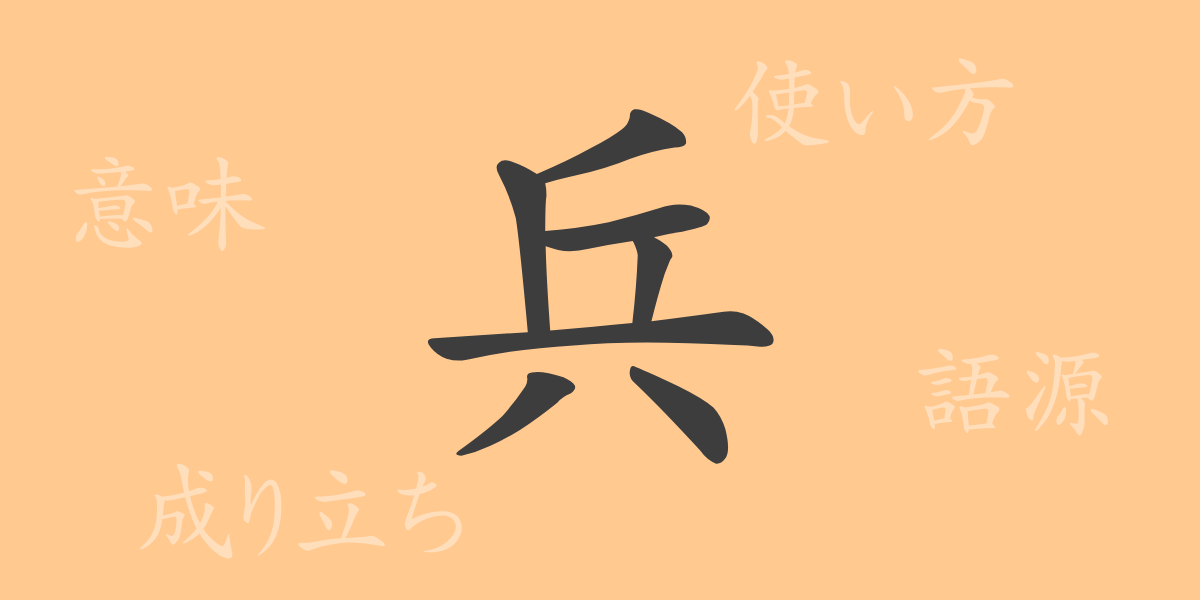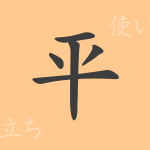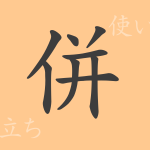From ancient battlefields to modern business scenes, the Japanese character “兵” (hei) is one of the commonly used kanji that appears in various contexts. We explore the strength and history of this single character and uncover how it has become rooted in our language.
The Origin of 兵 (Etymology)
The character “兵” (hei) has its origins in ancient Chinese oracle bone script. Originally derived from a pictograph representing “a hand holding an axe,” it began to denote objects related to military and warfare. Over time, it evolved into a kanji that signifies warriors, weapons, and even warfare itself.
Meaning and Usage of 兵
While the character “兵” (hei) generally means army, soldier, or war, in a broader sense, it can also refer to battle, conflict, and even strategies or tactics to avoid conflict. In modern times, it is also used in business terminology, often referring to competitive strategies.
Readings, Stroke Count, and Radical of 兵
The character “兵” (hei) has multiple readings in Japanese.
- Readings: On’yomi (音読み) is “ヘイ” (hei), Kun’yomi (訓読み) is “つわもの” (tsuwamono)
- Stroke Count: 7 strokes in total
- Radical: 八部 (はちがしら, hachigashira)
Idioms, Proverbs, and Phrases Using 兵
Here are some idioms, proverbs, and phrases that include the character “兵” (hei).
- 兵器 (へいき, heiki): A general term for weapons and equipment used in war or combat.
- 兵士 (へいし, heishi): A combatant belonging to an army.
- 兵法 (へいほう, heihou): A term that encompasses the techniques and strategies of warfare or combat.
- 兵糧攻め (へいろうぜめ, heirou-zeme): A tactic of besieging the enemy in a castle or other stronghold, waiting until their supplies run out.
- 兵は詭道なり (つわものはきどうなり, tsuwamono wa kidou nari): A proverb meaning that military strategy is always changing and difficult to predict.
Summary of 兵
Understanding the historical background and etymology of the kanji “兵” (hei) allows for a deeper comprehension of its meanings and usage. This character, which is widely used from ancient wars to modern business terminology, symbolizes the richness of the Japanese language. As we grasp the weight of its meanings, we must pay attention to our daily word choices.

























